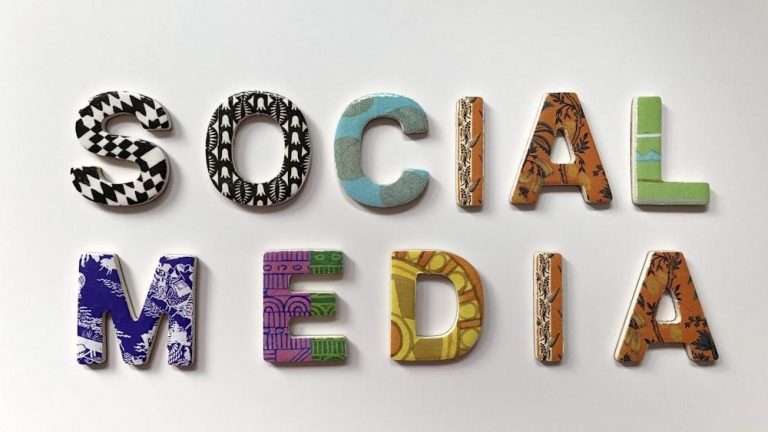In the swiftly evolving landscape of digital marketing, artificial intelligence (AI) is no longer just a buzzword or a futuristic concept. It has become an integral part of the marketing ecosystem, revolutionizing how businesses interact with customers and optimize their strategies. The rise of AI in digital marketing is marked by the ability of machines to analyze large datasets, interpret consumer behavior, and deliver personalized content at scale.

The adoption of AI tools in digital marketing has enabled marketers to automate mundane tasks, such as data analysis and customer service inquiries, allowing them to focus on more strategic endeavors. Moreover, AI has facilitated predictive analytics, wherein marketers can anticipate consumer needs and behaviors, leading to more effective targeting and campaign management. The ability to quickly adapt to changing market conditions and consumer preferences has given AI-powered digital marketing a substantial edge over traditional approaches.
As AI technologies become more sophisticated, they are transforming the very nature of marketing communication. The emergence of AI-generated content, for example, has introduced a new level of personalization in customer engagements. These advancements have not only improved the efficiency of marketing operations but have also enhanced the overall customer experience, setting a new standard for what consumers expect from brands.
AI-generated Influencers vs. Human Influencers
When discussing influencers in the digital marketing realm, the distinction between AI-generated influencers and human influencers becomes increasingly relevant. AI-generated influencers, also known as virtual or digital influencers, are computer-generated characters designed to exhibit human-like characteristics and interact with real audiences on social media platforms. Unlike their human counterparts, AI influencers can be meticulously crafted to embody brand values and appeal to specific market segments without any risk of off-brand behavior.
AI-generated influencers offer brands a unique form of control over their messaging and image. These virtual entities are immune to the scandals and unpredictability associated with human influencers, ensuring a consistent and brand-aligned presence. Moreover, AI influencers can operate around the clock and across various time zones, engaging with audiences without the constraints of human needs or limitations.
On the other hand, human influencers bring authenticity and relatability to brand partnerships. The genuine connections and trust they’ve built with their followers can be a powerful asset for brands looking to humanize their products or services. However, the dynamic nature of human influencers means that brands have to navigate the complexities of personal brands, individual values, and the potential for controversy.
How to Collaborate with AI Influencers
Collaborating with AI influencers requires a different approach compared to partnering with human influencers. To effectively engage with this new breed of digital entities, brands must understand the technology behind AI influencers and how to harness their potential. The first step in collaboration is identifying the right AI influencer that aligns with the brand’s image and target audience. This involves analyzing the AI influencer’s characteristics, such as their personality, aesthetics, and the demographic of their followers.
Once a suitable AI influencer is selected, brands need to work closely with the creators or the AI platform to craft campaigns that resonate with both the influencer’s persona and the brand’s messaging. This collaborative process includes outlining the content strategy, setting clear objectives, and establishing metrics for success. Since AI influencers are powered by data and algorithms, it is crucial to provide them with the right inputs to ensure the content they generate is relevant and engaging.
Moreover, brands should also consider the legal and ethical implications of working with AI influencers. As these virtual entities become more prevalent, issues such as transparency, disclosure, and intellectual property rights are coming to the forefront. It is essential for brands to navigate these considerations carefully to maintain trust with their audiences and comply with regulatory standards.
